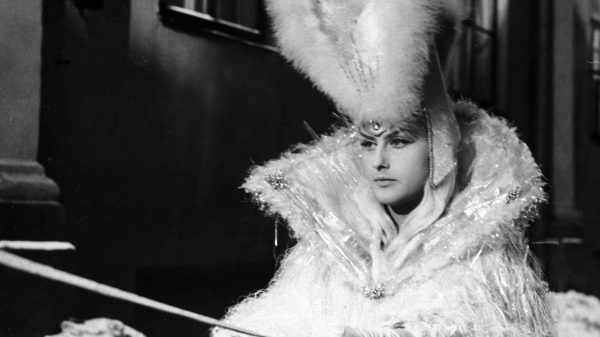 Rugby develops teamwork, camaraderie, intensity and mental ability for strategy. Photo: Education Images
Rugby develops teamwork, camaraderie, intensity and mental ability for strategy. Photo: Education Images
My career after rugby led me into the field of artificial intelligence, so I was used to studying and analyzing data. I am always happy to report emerging information in a timely manner; for the most part, it is what continually allows us to make better judgments. Just because something is old doesn't make it good; but just because something is new doesn't necessarily make it better.
That's why I watch Thursday's news, the study that says school rugby is a form of child abuse, with great trepidation. Obviously, there is no smoke without fire, and obviously the research data is revealing enough to justify such a statement, but it is somewhat sensational. There is a disastrous bias in this, and the other side of the coin is completely ignored.
Without accusing anyone of being a snowflake, how long will it be before everyone is wrapped in cotton wool and left at home afraid to open the front door? These studies almost always ignore supporting factors and alternative benefits.
Rugby can be a dangerous sport and there will be injuries, but the smiles and pleasure — the dopamine rush — that I witness when I'm at my local club on a Thursday night tell a different story. There is risk in all sports, not just rugby, but it can change your life. We can't just let people sit at home all day.
«Creating relationships that can't be replicated»
It's almost a cliché to list the qualities of rugby, but the teamwork, camaraderie, intensity and mental ability in strategy stand out, not to mention the fact that it remains unique at amateur level as a sport for all shapes and sizes. I remember seeing the faces of my son's team when they won the Norfolk Rugby Festival last year and the joy was incredible; unprecedented. This is unique to team sports (rugby being the best example) and something you simply wouldn't get if you filled the exercise gap left by rugby's disappearance with good old fashioned running.
My dad just recorded the Italia 77 podcast with Ian McAllister. In 1977, two young men with young families boarded a plane (I was 10 months old) to spend five years playing Italian rugby. My father is 83 years old and he flew back to Italy with my mother and sister on Friday, 50 years after they first arrived, and for the next 48 hours they will be hugging, dancing and drinking wine of all shapes and sizes . They are not alone. Many people's strongest bonds are made on the rugby field. If Johnno [Martin Johnson] called me now and told me there was a measles outbreak in the Premier League and the 2003 England squad were due to take to the field on Saturday in Rome, I would be there in a heartbeat. We might be the first England team to lose to Italy, but we'll try! It's not just rugby; the sport of rugby has the ability to create relationships that simply cannot be replicated off the field.
 Rugby gave Will Greenwood (center) memories that will last a lifetime. Photo: Reuters/Kieran Doherty
Rugby gave Will Greenwood (center) memories that will last a lifetime. Photo: Reuters/Kieran Doherty
The whole landscape around injuries — head or otherwise — in rugby has changed a lot over the last 20 years, and too much since I retired. Nowadays, a lot of attention is paid to the well-being of the players. Even on the high school team I coach, the amount of contact training the kids do has decreased. The same is true in the professional game.
Do I believe that players have historically been well taken care of? Was the policy of not telling anyone about a concussion a positive? The answer to both of these questions is no. But those days are long gone. Why do we need to throw the baby out with the bathwater? At my club, the physios, not the coaches, have the final say on whether a player is fit to play. And this is at an amateur level.
«The wording is aggressive, bordering on insulting»
I don't want to pick a fight with eminent professors from respected academic institutions, but the wording is also strong. The vocabulary never ceases to amaze me, but child abuse? Really? This language is aggressive, bordering on insulting, and if they want to promote change, they are doing it in all the wrong ways. Parents on the sidelines should not be arrested for allowing their children to play rugby, and besides, such language is more likely to alienate people and further entrench their views. Doctors will say it's because children have no choice, but rugby at this level has done a lot to improve their game.
With all the information I know now, thinking back to myself as a five-year-old at the Flaminio Stadium when I first ran around with a rugby ball, if my older self met his younger self, I wouldn't advise him to go play chess (rugby is just a more violent form). And as a parent of kids who play rugby, I'm always happy to hear well-researched insights, analysis and data about the sport I played and loved. But I won't suddenly pull my kids out of the game on Sunday. As with all data, context and judgment are key.






















































Свежие комментарии